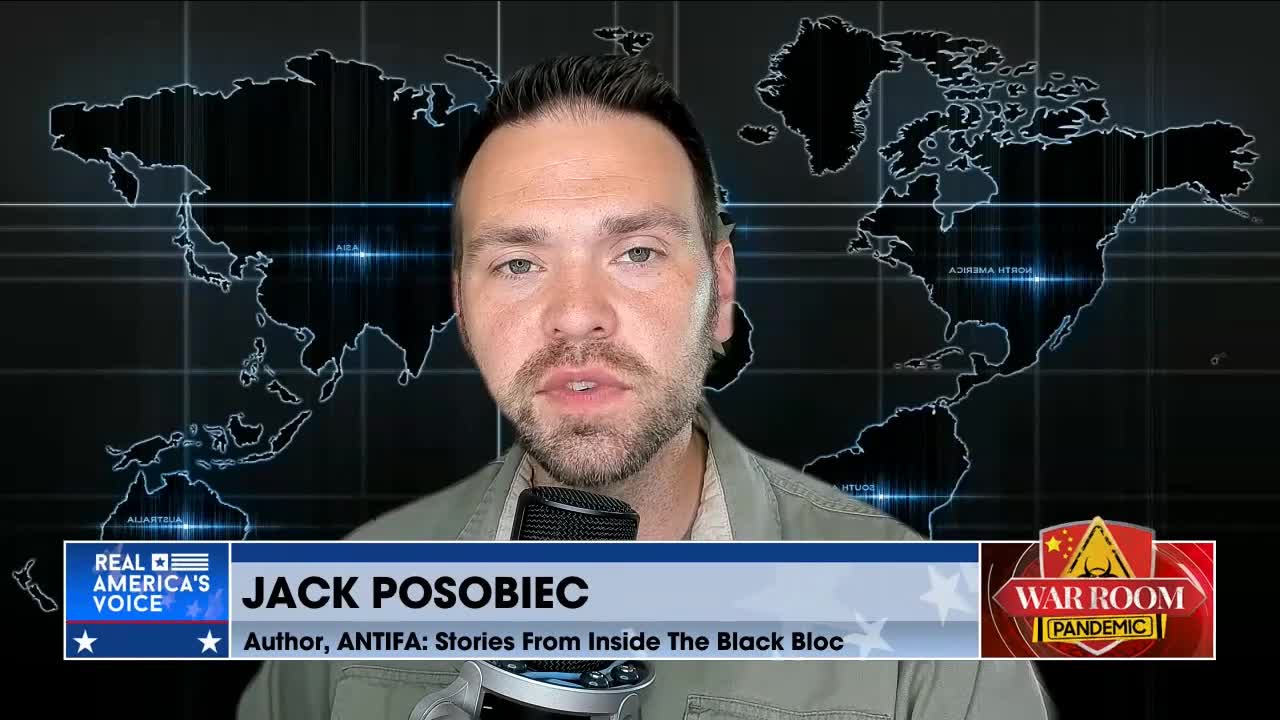

In a world where the language of online pop culture has reached a fair degree of ubiquity, where confidence in traditional sources of political discourse is declining, and where the recent structural crises of contemporary capitalism has spawned a renewed interest in Marxist thought-in what ways can memes shared on Facebook constitute texts of Marxist political theory? Over the course of an inductive case study of sixteen exemplars, I argue that these memes constitute Marxist political theory through (1) advancing arguments within the topics of electoralism and actually-existing socialism (2) maintaining a dialogue between 'old' and 'new', often involving analogising between contemporary and historical cases and (3) fusing theoretical language with the written and visual language of contemporary Internet memetry. We conclude that internet memes scholarship would benefit from revisiting the original conception and theory of memes advanced by Richard Dawkins, and attending closely to what motivated Dawkins in this work. We explore some of these shifts and argue that what we call “second wave” online memes have been used as weapons in personal, political, and socialcultural wars. Since around 2012, many online meme practices have become intensely politicized and increasingly used for socially divisive and, often, cruel purposes. With the massification of internet access and participation in online social practices employing Web 2.0 and mobile computing capacities, changes occurred in how internet memes were conceived and created (e.g., image macro-generators). We document the rise of internet memes during their early years as a broadly communitarian cultural engagement, mostly characterized by goodwill, humor, and an often “nerdish” sense of shared cultural identity. This article maps some key patterns associated with how internet memes are conceived and how online meme practices have evolved and morphed during the period from 2000 to the present.

Pulling together the interrogative forces of a raft of thinkers at the forefront of tech theory and media dissection, this collection of essays paves a way to articulating the semiotic fabric of the early 21st century’s most prevalent means of content posting, and aims at the very seizing of the memes of production for the imagining and creation of new political horizons. Post-Memes: Seizing the Memes of Production takes advantage of the meme’s subversive adaptability and ripeness for a focused, in-depth study. Independent of any one set value, memes are famously the mode of conveyance for the alt-right, the irony left, and the apoliticos alike, and they are impervious to many economic valuations: the attempts made in co-opting their discourse in advertising and big business have made little headway, and have usually been derailed by retaliative meming. Art-form, send-up, farce, ironic disarticulation, pastiche, propaganda, trololololol, mode of critique, mode of production, means of politicisation, even of subjectivation - memes are the inner currency of the internet’s circulatory system.


 0 kommentar(er)
0 kommentar(er)
